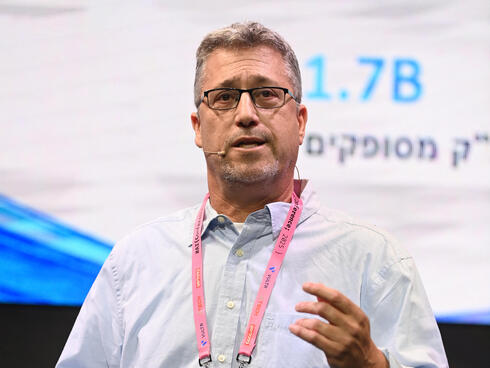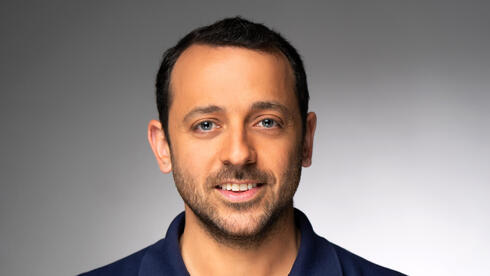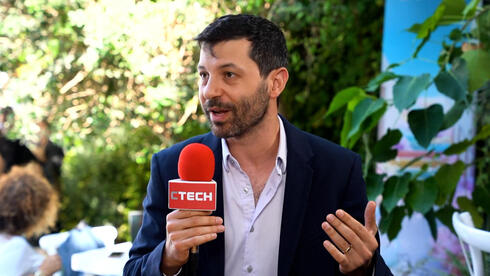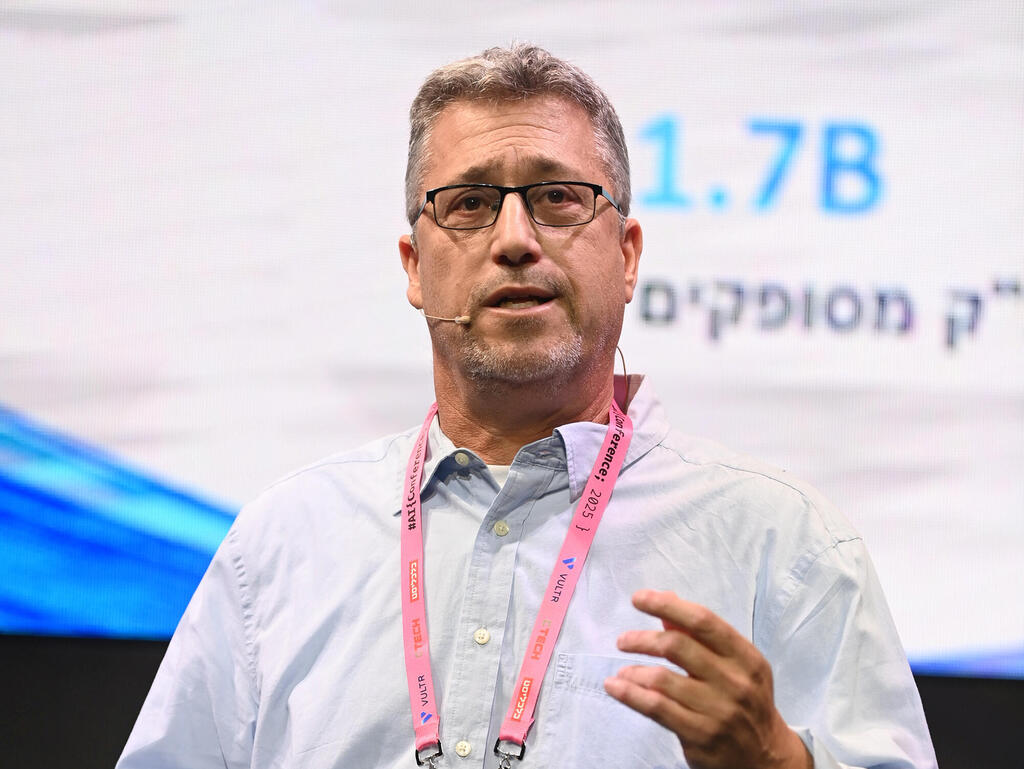
AI Conference
What's AI got to do with water? Mekorot investing in cloud and AI capabilities
"Water is not simple and must be managed," Eran Ravid, CIO at Mekorot, said at Calcalist's AI conference. "We operate more than 3,000 facilities from which vast amounts of data are collected, and AI supports the decision-making processes around them."
What does artificial intelligence have to do with water? How can AI tools help predict events and maintain efficiency? These questions were addressed by Eran Ravid, Chief Information Officer (CIO) at Mekorot, during the Calcalist AI Conference held in collaboration with Vultr.
According to Ravid, “I have been at Mekorot for two years, and during that time we have undergone a technological revolution that included many upgrades and changes. We are replacing and introducing new systems in areas such as customer management, safety, and water security, while transforming Mekorot into a technology-driven company.
“Mekorot is an infrastructure company with unique challenges. We are investing heavily in cloud capabilities and artificial intelligence as we move into a new technological era.
“Mekorot operates nationwide, with thousands of installations, drilling units, water exploration projects, and extensive field operations requiring technological support, and that is where AI can play a major role. A water supply unit consists of many components: drilling, flow, piping, and various technological tools in between. Many people are involved, including controllers who monitor the drills, analyze data, and automate processes. The information must then reach field personnel. AI allows us to improve operational models and the reliability of the water supply, building on decades of accumulated experience.
“We also work with startups that help us detect anomalies and enable controllers to operate more independently. For example, in extreme operational disruptions or even during wartime, AI helps ensure a steady water supply.”
Water requires artificial intelligence
“Water is complex, it must be actively managed,” Ravid explained. “We operate more than 3,000 facilities from which vast amounts of data are collected, and AI supports the decision-making processes around them.
“The advantages are clear: automation, improved operations, and the ability to deliver real-time information to controllers so they can decide what actions to take, such as opening or closing valves. We aim to predict both operational and security threats, using these tools to anticipate vulnerabilities.
“Some of our models are based on years of accumulated data. For instance, we are implementing a system from Agro that uses video analytics to identify failure points and safety risks. It monitors data and generates field-level responses. This system was developed even before ChatGPT became widely available, and it requires changes in work processes. It even includes a conversational interface that allows staff to query video-based insights, improving both safety and security.
“We also focus on energy optimization, since Mekorot consumes significant amounts of energy, for example, when pushing water. Advanced models are helping us improve efficiency in this area.
“In addition, we manage about 2,000 employees nationwide, all of whom rely on our technological infrastructure. We are also enhancing customer service through AI tools. Mekorot may be an old company, but it is embracing innovation to work smarter and deliver better services.”















